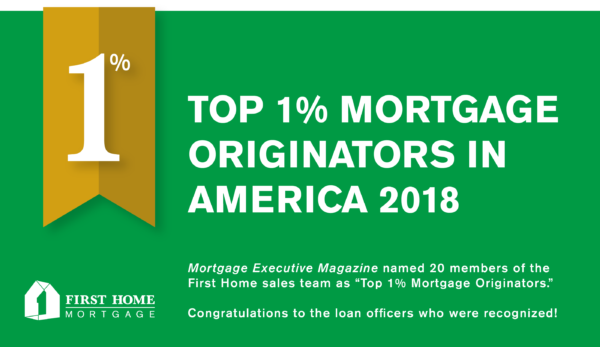The median sales price of a house in the United States is currently between $188,900- $279,500. There is such a large price range because many different factors can play into a home’s sales price. If you are looking to buy or sell soon, keep the following factors in mind when determining costs.
The price of a home can vary depending on the location. A more populous area, like a downtown neighborhood or a highly sought-after suburb, can boost the sales price because there is a high demand for borrowers wanting to live there. A less popular area, or even an up-and-coming neighborhood, may show lower home prices, even if the homes are similar in size to those in more expensive areas.
The season may also have an impact on home prices. Once the spring buying season starts heating up, there will be a larger demand for homes to purchase. Prices may also increase because there is a higher chance the home will be bought. With a hot buying market, bidding wars may ensue, which can also increase the price of a home. In colder seasons home prices may decrease since fewer people are shopping for a new home. Since the demand is low, sellers may consider a lower price tag, giving way to a better deal for borrowers.
A strong or weak economy can also impact home prices. When a strong economy is present, individuals and families may have a more secure financial mindset. With this in mind, buyers are more likely to feel comfortable obtaining a larger mortgage, which could lead to higher home prices. In an unstable economy, prices tend to be lower.
If you aren’t sure whether now is a good time to buy a new home, get in touch with one of our loan officers to learn more about the current market. We are happy to help and answer any questions you may have.









